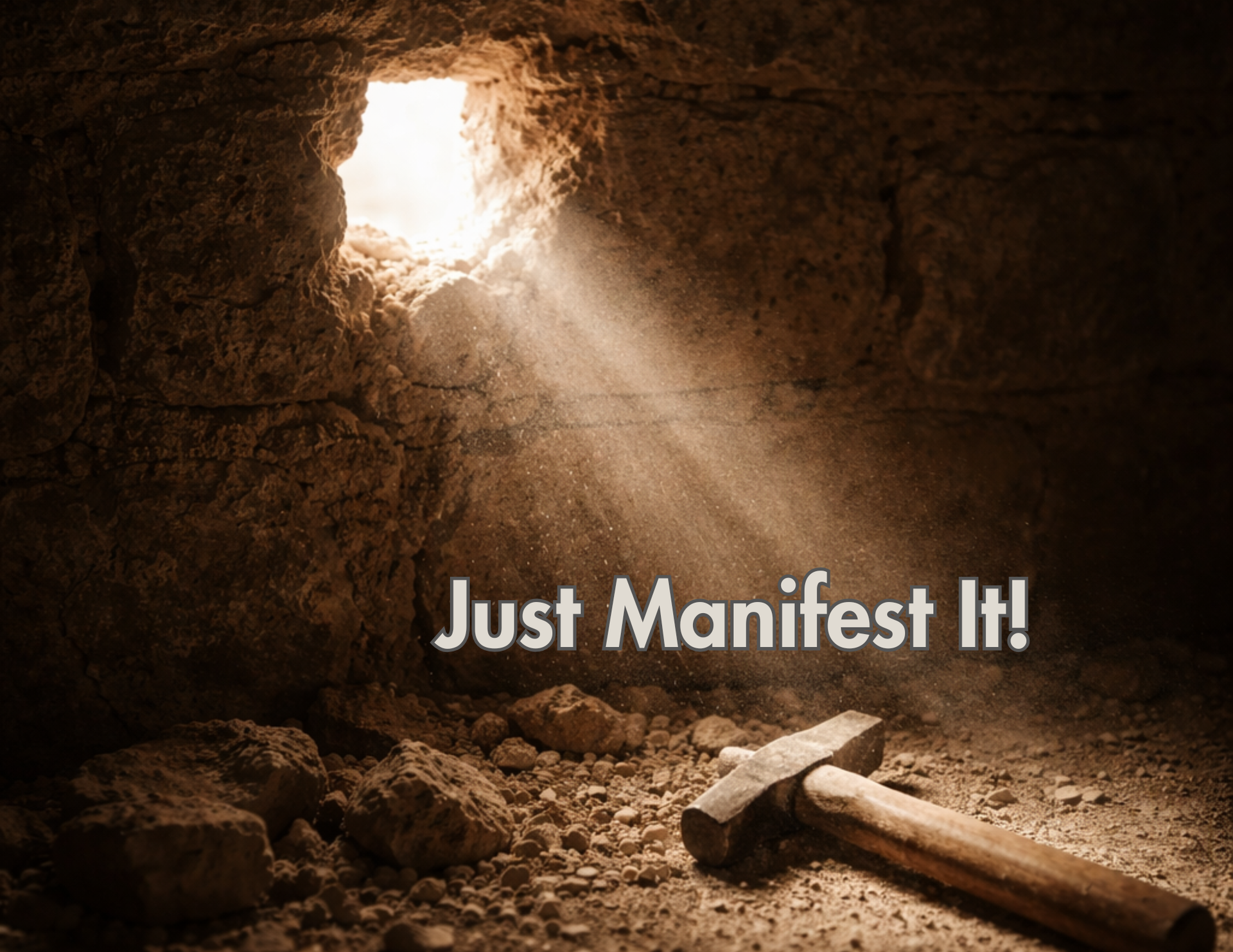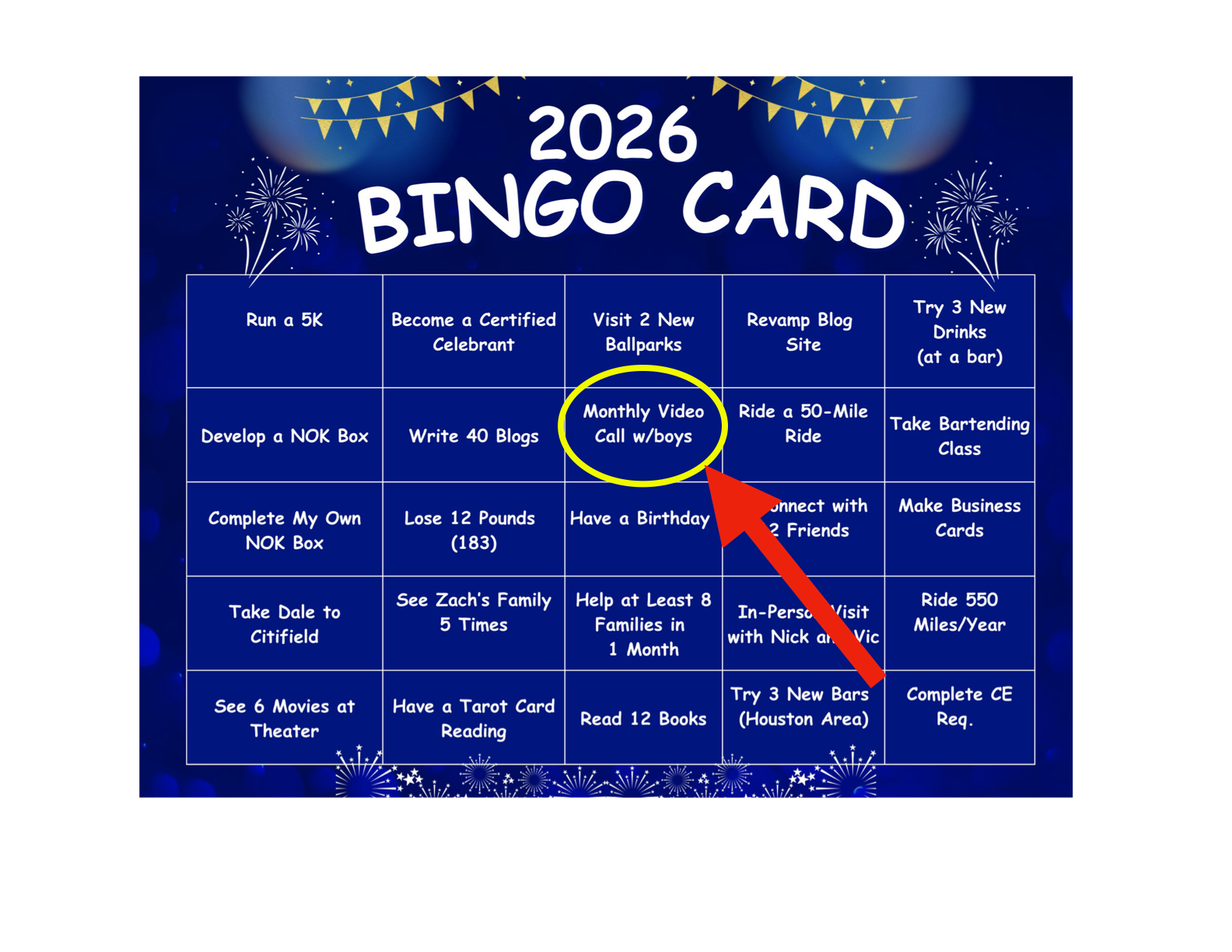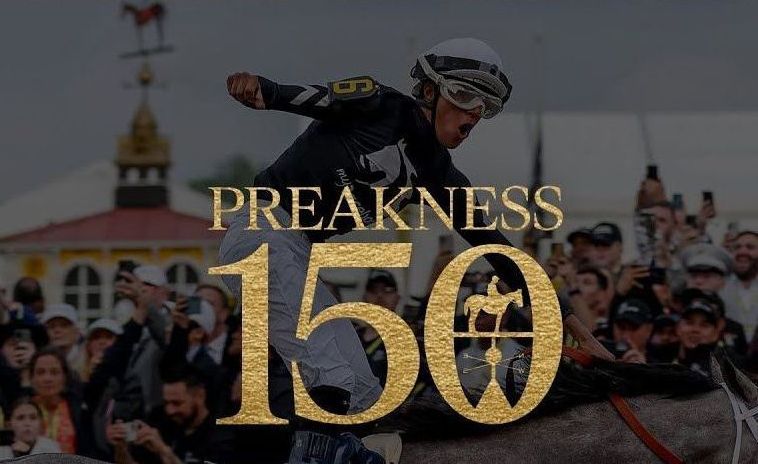Gosger
We watched the Preakness this past Saturday. We didn’t throw a full-on party like we did for the Derby—no fancy hats, no fun foods. But we still honored tradition in our own small way: not with a Mint Julep, but with a Black-Eyed Susan, the official drink of the Preakness. Just a quiet afternoon, and a drink in hand. A little ritual. A little altar, in its own unlikely way.
The weather in Baltimore was perfect—a sharp contrast to the mud-soaked chaos of the Derby a few weeks earlier. And while no one sang “Run for the Roses,” I still found myself humming it—because honestly, what’s a springtime horse race without a little Dan Fogelberg in the background?
One horse in particular caught my attention—Gosger. He was the one I was pulling for. Not because he was flashy, but precisely because he wasn’t. At 20:1 odds, he was the forgotten one—overlooked and underestimated.
But what really made me root for him was his name. One of his owners, a woman named Donna Clarke, chose “Gosger” not for flair or branding, but in honor of a Facebook friend, Jim Gosger. A name I should have recognized—but didn’t.
I’ve been a Mets fan for as long as I can remember. The 1969 Miracle Mets are etched into my memory like sacred scripture—Seaver, Grote, Koosman, Swoboda. But Jim Gosger? Honestly, I had to look him up. He played in 39 games that year. I didn’t remember him—but Donna Clarke did.
And that horse—like his namesake, nearly forgotten—almost made history. He ran his heart out, finishing just a half-length behind the favorite.
It felt right that it happened at the Preakness—the middle child of the Triple Crown. Not the glamorous Derby with its roses and celebrities. Not the Belmont with its history-making potential. Just the Preakness: scrappy, quieter, easy to forget.
And to be honest, the whole story reminds me of my beloved Mets. The Yankees are more like Churchill Downs—steeped in legacy and pageantry. The Mets? They’re more like Pimlico. Gritty. Quirky. Prone to chaos. And yet, every so often, capable of something miraculous.
You don’t root for the Mets because it’s fashionable. You root for them because they make you believe anything is possible. That the overlooked and underestimated still have a shot. That long shots can still run the race of their lives. And sometimes, even when they fall short, they remind you what heart looks like.
There’s something quietly beautiful about that. Because Gosger the horse didn’t run in the Derby. He didn’t get the spotlight. He just showed up at the Preakness—the middle space—and gave it everything he had.
And Gosger the Met? He wasn’t the star. He was one of the many in the background who helped hold the miracle together.
So, where’s the unlikely altar?
It’s in the choosing. In the small but defiant act of remembering someone who could have been forgotten. Donna Clarke didn’t pick a name to impress the crowd. She picked a name that mattered. And in doing so, she built an altar—not out of stone or stained glass, but out of memory and meaning.
Altars don’t always stand in cathedrals. Sometimes, they show up in a name, in a race, in a drink raised quietly on a Saturday afternoon. Sometimes, they run.




